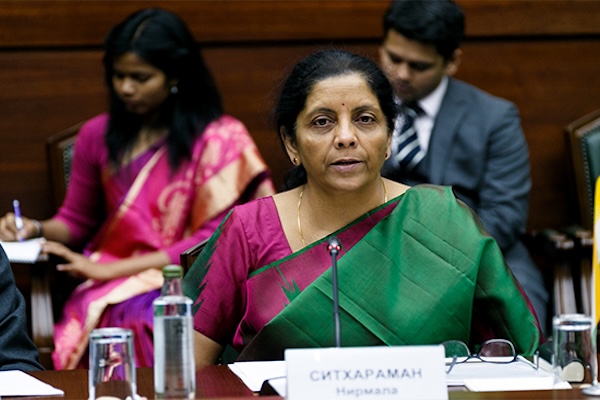.png)
February 1, 2025 at 4:16 PM IST
In so many ways, the Budget speech is like a startup founder’s ‘pitch deck’ to investors. Both make bold visionary statements and promises while laying out the essential estimated expenditure and revenue data, among others.
It doesn’t matter whether those promises, sometimes a tad too tall, are fulfilled in the given period of time or forgotten soon. Still, both usually manage to ignite optimism for the moment.
Finance Minister Nirmala Sitharaman’s Budget 2025 proposals for startups and the alternative investment fund (AIF) industry has added to the promises of the previous years when the industry came of age.
If last year’s standout budget move was to abolish the draconian Angel Tax, this year’s most significant proposal for the industry is the new ₹10,000 crore (over $1 billion) Fund of Funds. This builds on the Fund of Funds of the similar amount that was first launched by the government in 2016 under the banner of ‘Startup India’ programme.
The first fund of funds invested in more than 140 AIFs, which include private equity and venture capital funds. Those AIFs, in turn, invested nearly ₹20,000 crore in more than 1,100 startups, according to the state-run Small Industries and Development Bank of India (SIDBI), which manages the fund of funds.
Clearly, even sceptics of the Startup India programme can’t ignore those numbers. They also can’t ignore the rapid expansion of the startup ecosystem over the past decade. Per official data, the number of startups recognised by the Department for Promotion of Industry and Internal Trade has jumped from just 500 in 2016 to over 159,000 as of January 15, 2025.
Besides, dozens of startups have achieved ‘unicorn’ valuations of over $1 billion over the past few years and many startups have even floated initial public offerings (IPOs). Interestingly, as recently as December last year, Zomato became the first new-age company to join the 30-stock benchmark Sensex.
On the flip side, some startups including edtech company Byju’s and quick commerce firm Dunzo have all but collapsed and an array of corporate governance issues have surfaced. Profitability, or rather the lack of it, remains a matter of concern for most startups.
Still, the industry has held its boat steady amid the storm. So, as in the previous years, when startups have been featured prominently in Budget speeches, the industry did not hold back in cheering the new proposals.
In the near term, the proposed new ₹10,000 crore Fund of Funds will bolster the funding needs of the industry that has suffered from a liquidity crunch in the past couple of years. According to research firm Venture Intelligence, private equity and venture capital investments in 2024 declined by 5.5% to around $31 billion even though deal volume ticked up to cross 1,000 from 993 in 2023. While the data does not scream gloom and doom, a fresh pool of capital will certainly inject confidence into the ecosystem for both early-stage and growth-stage startups.
While the industry has much to cheer about, the road ahead is bumpy. The budget’s fine print shows that there has been significant shortfall in actual spends on the various schemes in 2024-25, including a dozen that have PM prefix in their names.





